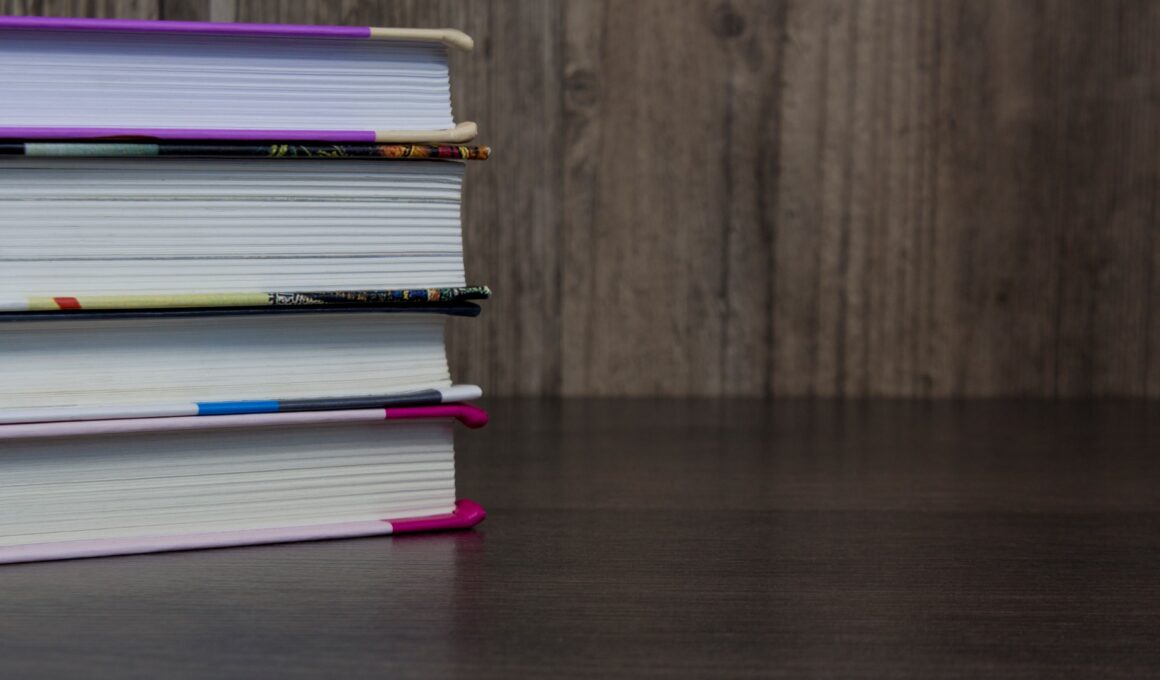I know a number of people who are completely addicted to self-help books, and who swear by them to improve their luck with women, their career progress and just about everything else you can imagine. Often my friends will tell me that everything is going to be okay – that they’re bound to meet the hottest woman on the planet soon – and the reason for this is a new book they’ve bought.
Unfortunately though, in many cases it seems that their plans don’t quite come to fruition and that despite buying the book and reading the whole thing in a couple of sittings, they don’t see quite the big changes they want in their lives. As someone who’s very interested in self-improvement myself, and as someone who actually writes on the topic a fair bit, this leaves me with the question – is there actually any merit to self-help books? Or are they just another form of snake oil?
People Who Read Self-Help Books
Before we get onto the self-help books themselves, I’m first going to address another piece of the puzzle – the people who read the books. It’s my suspicion that in many cases the books aren’t to blame, but rather it’s the people reading them who need to change. I base this on my experience with giving fitness and training advice – often I’ll tell people how I get into shape (because they ask I’d like to point out) and will even go so far as to draw them up a complex training program that’s designed to work with their lifestyle and hobbies. The problem is that they then fail to actually stick to that program, or they get angry when it doesn’t go to plan. I know the advice is sound because it’s worked for me and plenty of others, the problem is that the people asking me for workouts don’t want to put the effort in.
Chances are that something very similar is going on with self-help books, and that the people who read them often aren’t willing to actually take the risks they recommend, or put in the effort. I knew someone who read the dating book ‘The Game’ – the entire premise of which is to abandon your usual reservations – but he wouldn’t try even one of the confidence building exercises for fear of looking stupid. As with working out then, if you want to improve your concentration, your productivity, your confidence or your happiness – there is no silver bullet. Don’t read a self-help book and expect it to change you over night, and don’t read it as a way to ‘stall for time’ so you don’t actually have to take action. Start doing real, concrete things to improve yourself right now and then read the self-help book as well to supplement this effort should you wish.
The Books
Now on to the books themselves. Would they work if you were to follow them precisely and to do absolutely everything they recommended for a set period of time?
Well of course the obvious answer is that it depends on the quality of the book you’re reading and the area that you’re looking to improve in. I have read a lot of bad self-improvement books in my time, and some of them were downright wrong (I read one that made some very dubious claims about quantum physics that proved only that the writer had no idea what quantum physics actually was). On the other hand though I’ve also read some really great books on the matter. A couple of years back for instance I read ‘The Personal MBA’ by Josh Kaufman and that taught me some very useful self-improvement techniques that I then went on to apply to my own life – and it wasn’t long after I saw some very impressive changes that were at least partly due to the advice therein.
The problem is that many people who put too much stock in self-help books will forget to be critical of them and will accept sweeping statements without any references or evidence. As a psychology graduate I will often see ‘self-help gurus’ make claims regarding our psychology that are based on out of date information and theories or even complete misunderstandings of those texts – and I find this particularly jarring. ’59 Seconds: Think a Little, Change a Lot’ by Richard Wiseman is a self-help book I’ve read recently that I found very refreshing for the fact that it cuts out the waffle and provides references to scientific and peer reviewed studies for each of its claims. Look for books that are written like this, or that are written by authors you know and respect, but even then recognise that there no one technique will work for everyone.
The answer then is that self-help books aren’t by any means useless – they can provide you with some very useful tools and strategies – but you need to go into them with the right attitude and you need to use a critical lens to avoid being drawn in by phonies. Most important of all though, make sure that you don’t just read the books – if you want to see results you need to take action based on the information therein, and that means having measurable targets and concrete strategies for getting there. Reading a self-improvement book is not the same as actually improving…




